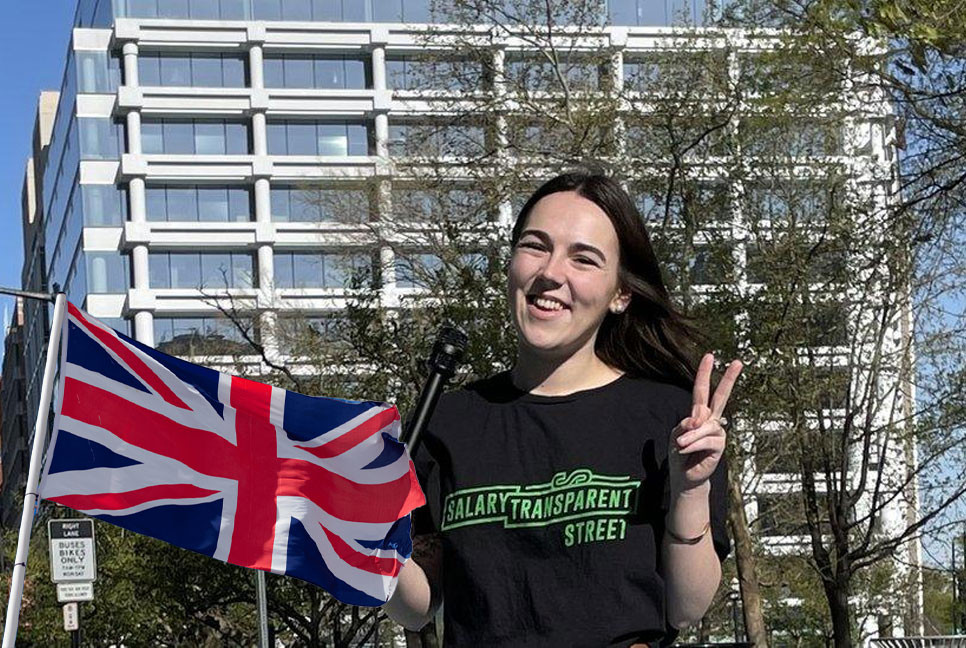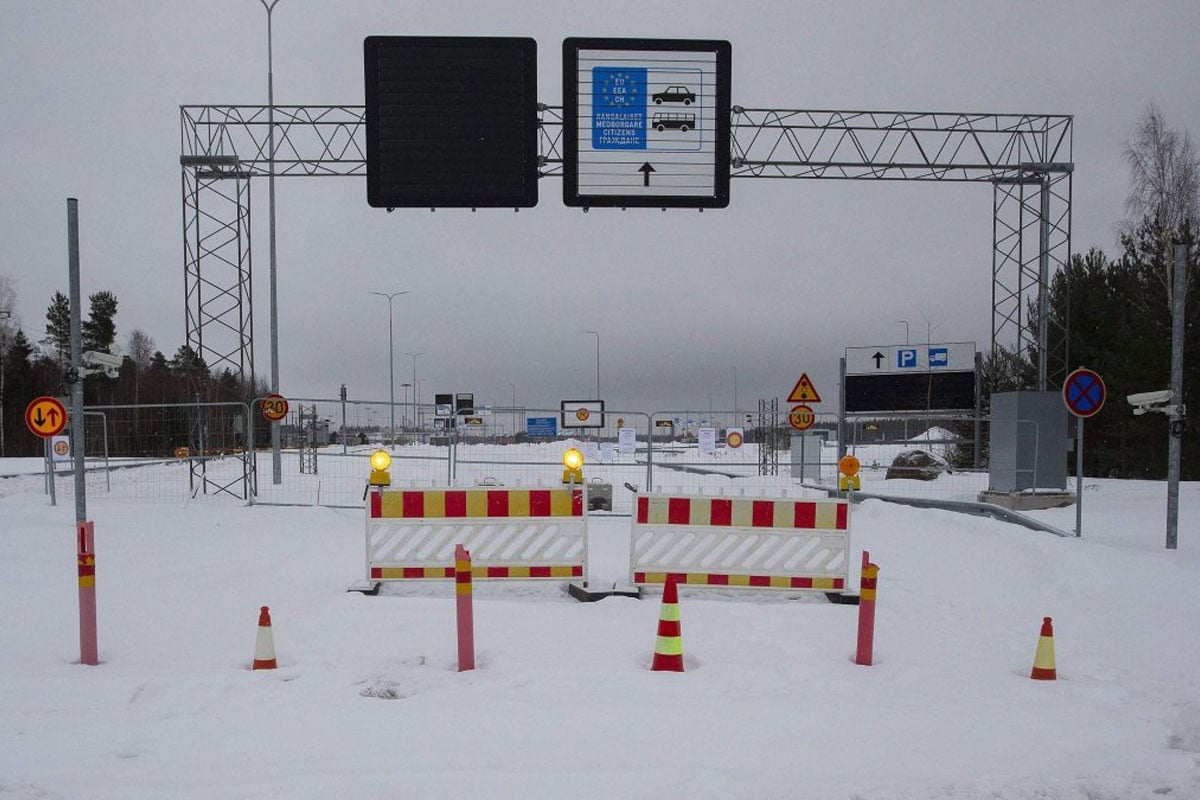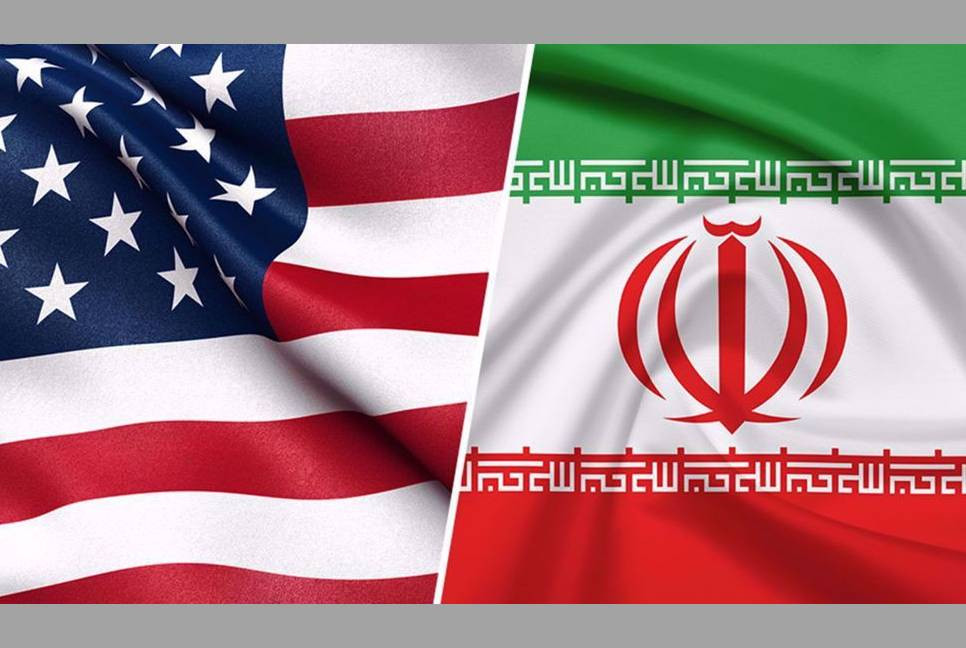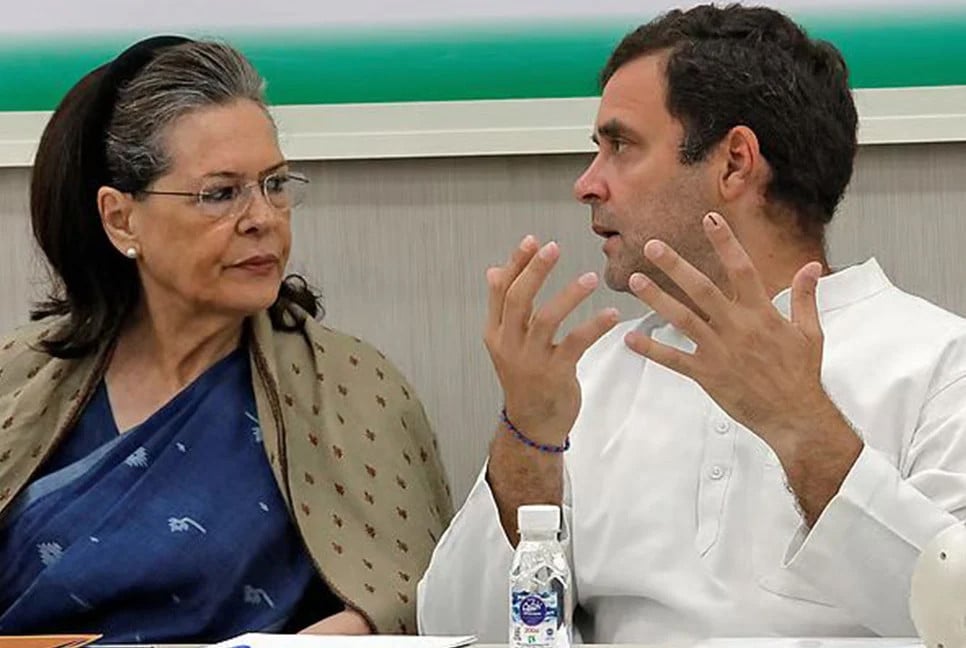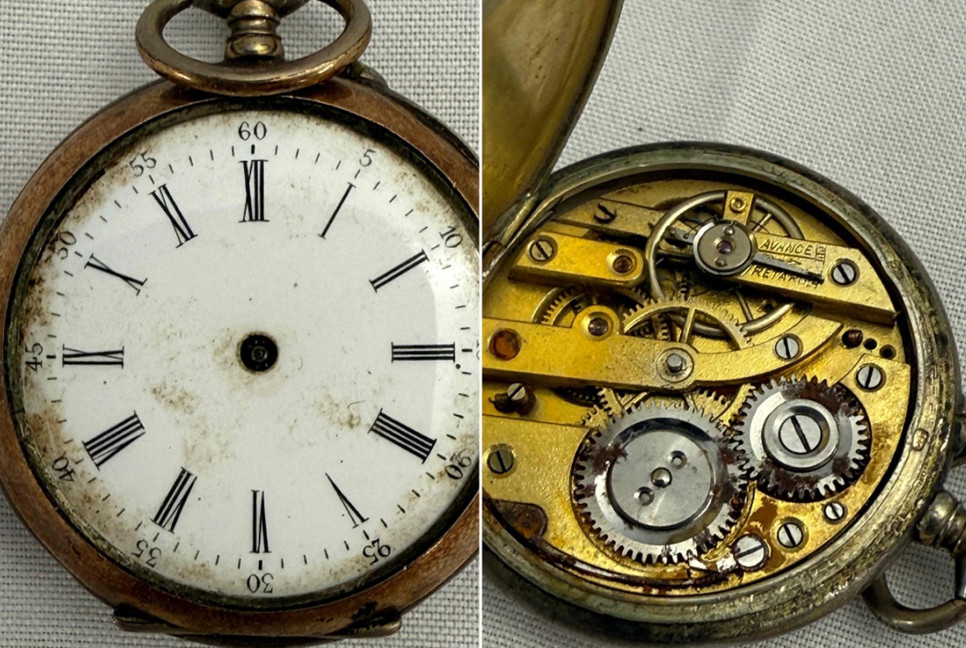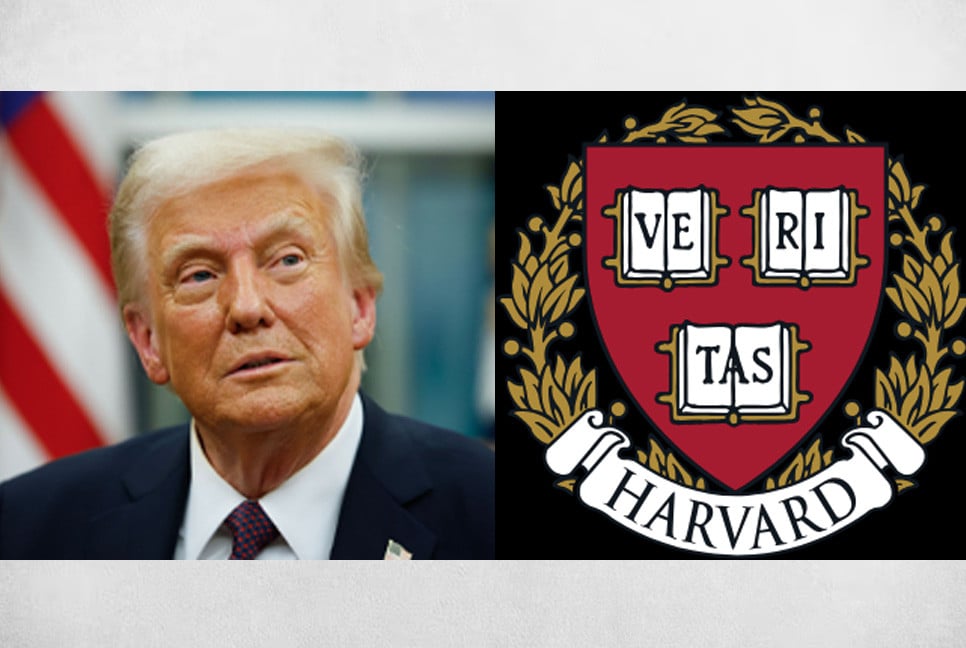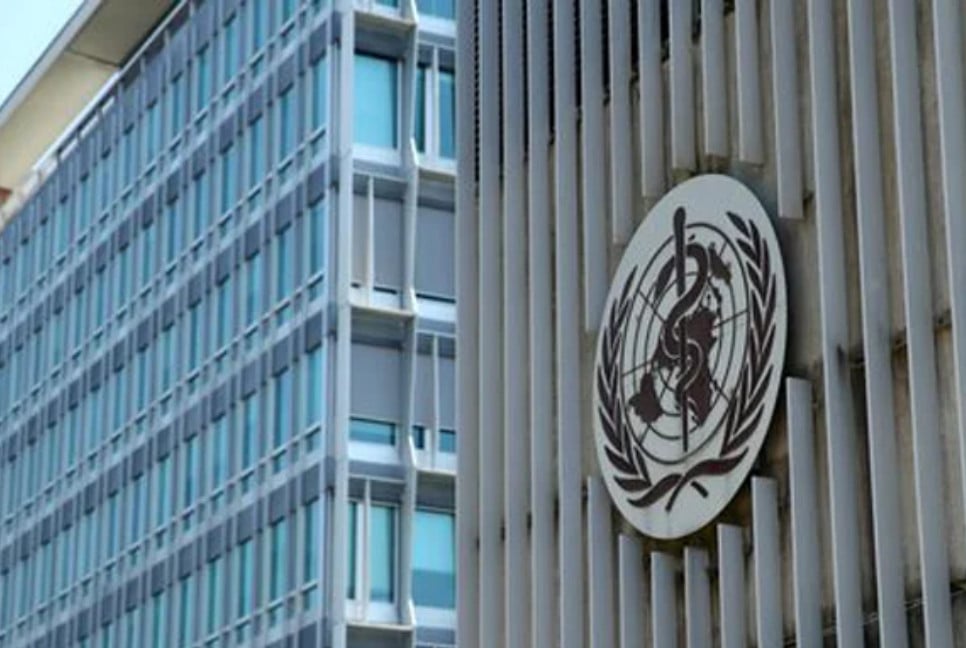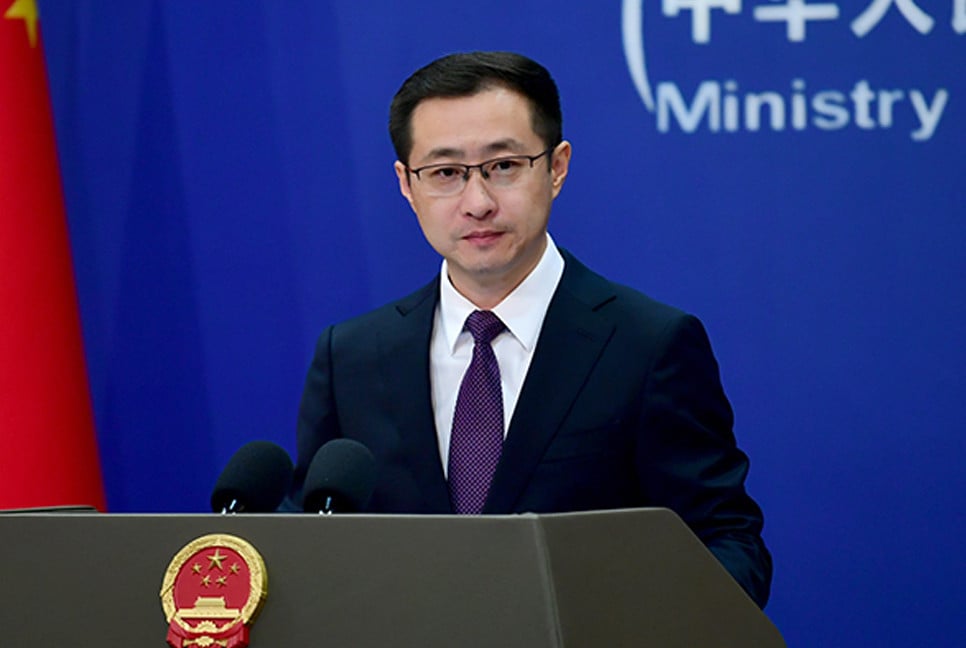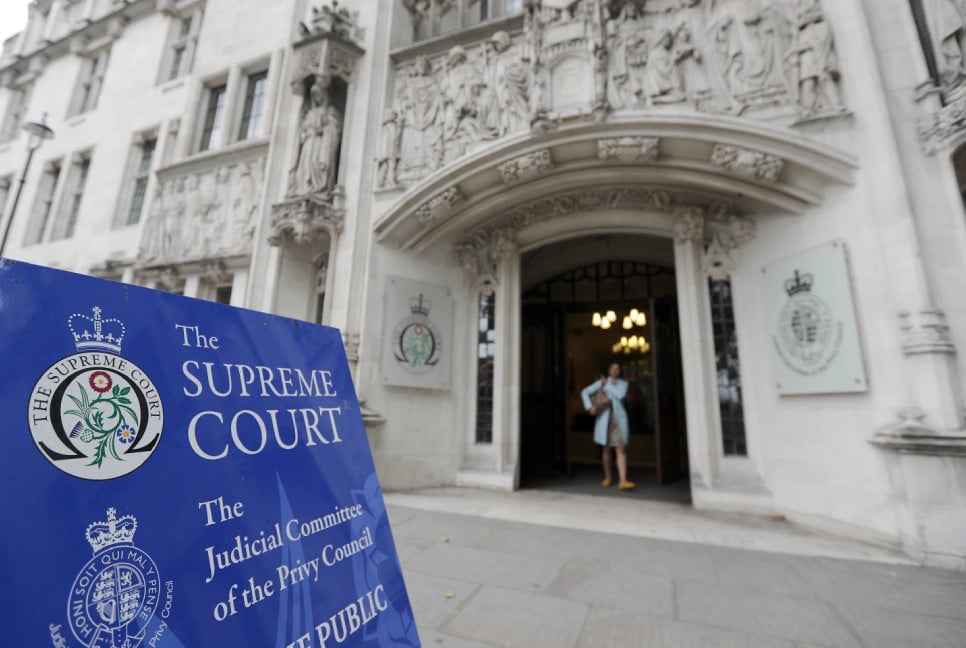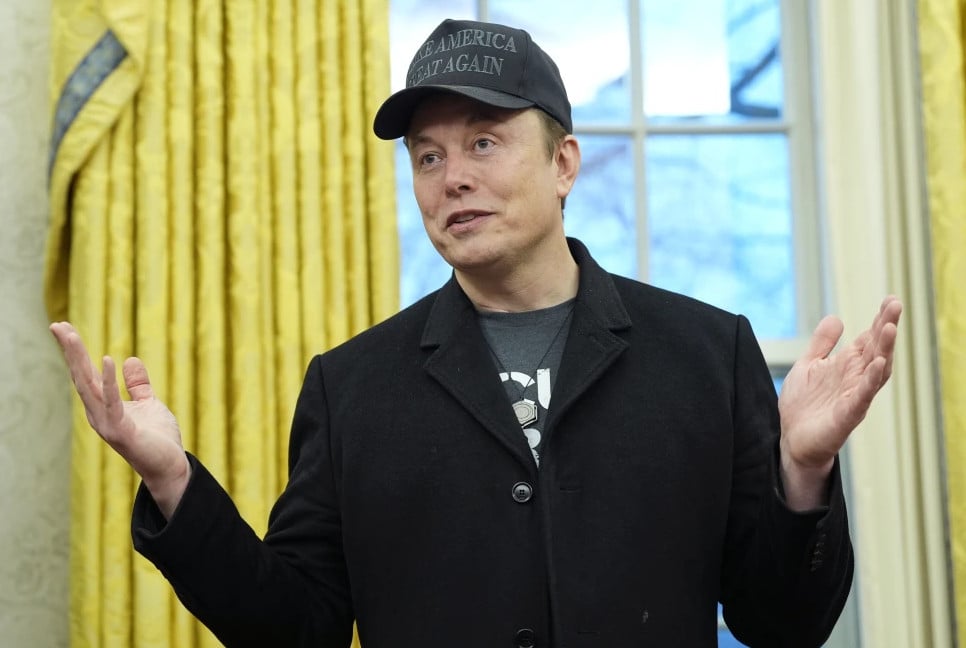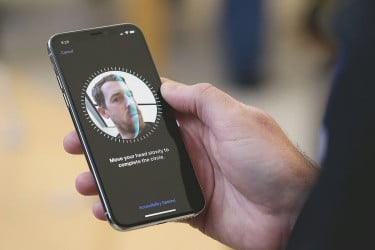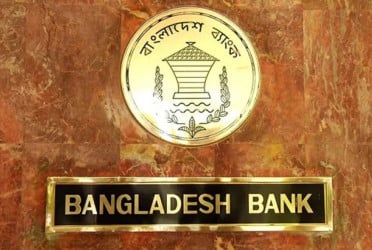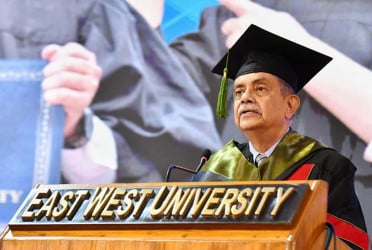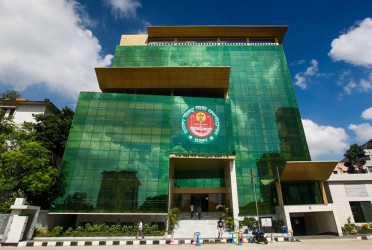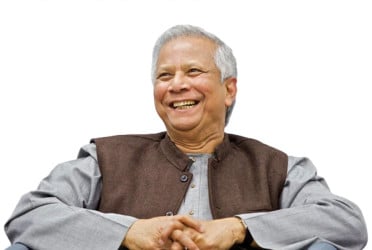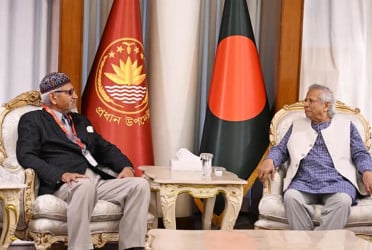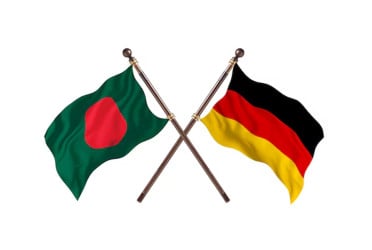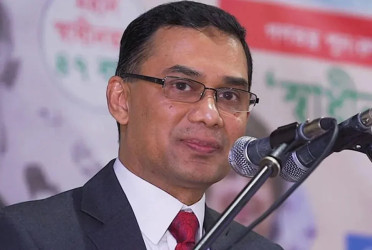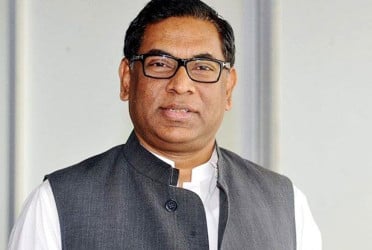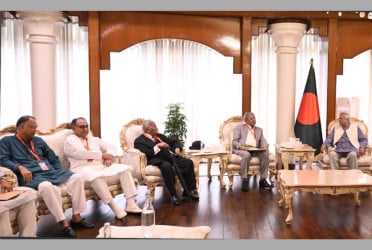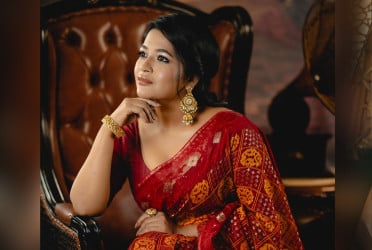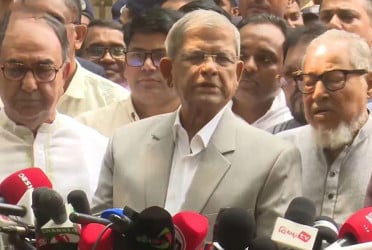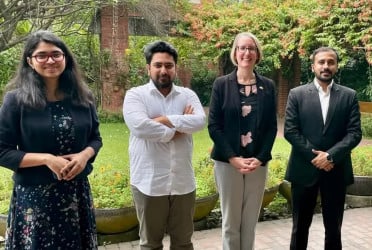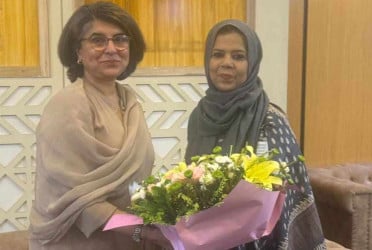A new survey suggests a growing inclination among Generation Z towards authoritarian leadership, sparking concerns over democracy's future. The findings, part of Channel 4's Gen Z: Trends, Truth and Trust report, will be unveiled at a Royal Television Society event, reads an Independent (UK) report.
The study, conducted by polling company Craft, found that 52% of Gen Z (aged 13–27) believe the UK would fare better under a "strong leader who does not have to bother with parliament and elections." Additionally, a third of respondents supported the idea of military leadership.
Channel 4 CEO Alex Mahon called the results “deeply worrying,” pointing to a disengagement from democratic norms, exacerbated by misinformation online and increasing societal divides.
The report highlights stark generational and gender divides. Nearly half of Gen Z (47%) agree that "society must be radically changed through revolution," compared to 33% of those aged 45 to 65.
Gender equality also emerged as a contentious issue. Among male Gen Z respondents, 45% felt that efforts to promote women’s equality had led to discrimination against men. A further 44% believed that progress on women’s rights had gone far enough.
Social media's role in shaping trust is another key concern. Many Gen Z participants regarded platforms like Instagram and TikTok as credible news sources, often equating them with traditional media. Influencers such as Andrew Tate and Jordan Peterson commanded significant trust among young men, with 42% naming them as credible figures.
One 21-year-old male participant described Tate as “empowering,” attributing his appeal to a lack of motivational role models for young men. Another respondent, a 25-year-old from Cornwall, expressed feeling “targeted” as a straight white male, claiming a cultural shift was leading to potential discrimination against men.
Mahon emphasized the complexities Gen Z face in navigating a landscape saturated with misinformation and polarizing narratives. “They are media-savvy, smart, and switched on, but social media has exposed them to its confusing and often misleading nature since birth,” she said.
This has led to Gen Z curating their own truths, trusting both traditional and alternative media sources equally. Mahon warned that this dynamic risks undermining democracy and fueling societal tensions.
The survey shows the duality of Gen Z, labeled the "most authoritarian and liberal generation." While advocating for progressive changes, many also express frustration with existing systems, creating a volatile mix of revolutionary zeal and disillusionment.
Whether this reflects a genuine rejection of democracy or a broader search for stability and purpose remains an open question. However, the findings offer a stark reminder of the challenges democracies face in an age of rapid technological change and deepening societal divides.
Bd-pratidin English/ Jisan

